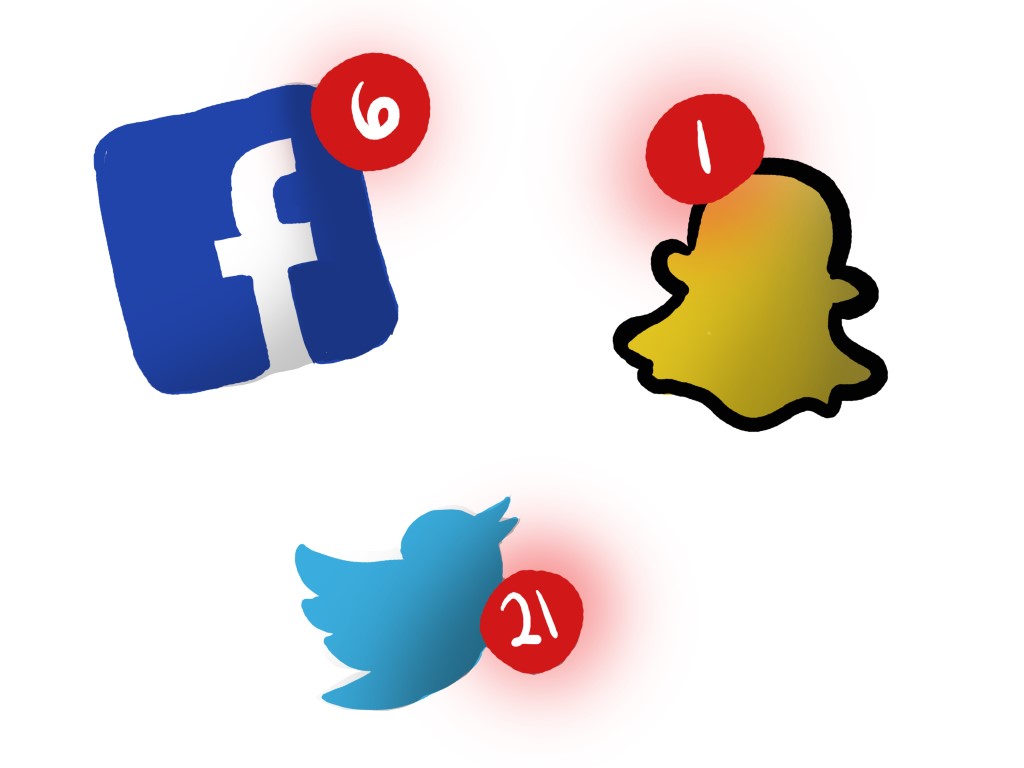
Never in history has it been easier for individuals to refute with such useless claims
By CJ Sommerfeld, Contributor
Social media is a powerful and dangerous space. Essentially, it is a place where anyone can disseminate anything, which then becomes available to everyone with access to the internet. There is neither a filter nor a screening process as to who is allowed to contribute or what is allowed to be shared; nowadays, someone does not need the mass media to share their opinion globally or rebut others’. While such ability has its benefits, it has also bred/evolved a new characteristic in some of us: easily offended and unknowingly misinformed prudes.
With the increased use of social media, there is an ever-growing pool of information swimming around. This means that now, more than ever, we have access to so much info that may be rooted in nothing more than opinion and entertainment. It is easy for people to contribute to this pool of “knowledge” and gather information from it, regardless of whether it is correct or not; this seems to have caused a cyclical, cause-and-effect problem.
It seems like some people genuinely believe that they are experts from their readings, despite their acquired data being based almost solely on what they have accumulated through social media. Such thinking can probably be attributed to confirmation bias—a way of thinking characterized by an individual who only reads and believes information which confirms their pre-existing beliefs. Regardless, some people get so wrapped in their ideas, that when others’ social media posts threaten their view, it openly offends them. Being the experts that they think they are, these individuals fight to the death via commenting—where they retrieve and spew all of their social-media-acquired information to win their case.
Do not get me wrong; I think having an opinion is great, especially when it skews from the norm. The Beats, for example, were majestic thinkers, as were the Impressionists. Neither movement would have been recognized and praised as they had if they were not such progressive thinkers. The Beats did not like the by-product of war, capitalistic society, or the economic materialism that they witnessed in the United States in the late ‘40s and ‘50s. They vocalized this stance through literary mediums. The Impressionists rejected the rigid academic conventions of what their art was held standard to and would, therefore, grant them to be showcased in the Salon in Paris almost a hundred years earlier. The difference between these guys’ perspectives and those of the social media warriors is that they were rooted in primary observation. They were not formed simply from reading an accumulation of secondary sources they read and shared on social media.
I understand that retrieving primary sources might not always be feasible, nor is it productive to complete a PhD in our area of invested interest. Maybe, we should stop being so absolute in our views and recognize that perhaps there is always something more to learn—and that being so willing to fight for one’s opinion when you don’t have all the facts may make you look like the opposite of what you intended. I am sure that if the Beats or Impressionists had been established today, social media posts would be refuting what they stood for. It is great to have an opinion, as it is to refute others, but if we are not an expert in the subject area we are fighting against, maybe we should take a step back and acknowledge that perhaps we do not know all there is to know.

